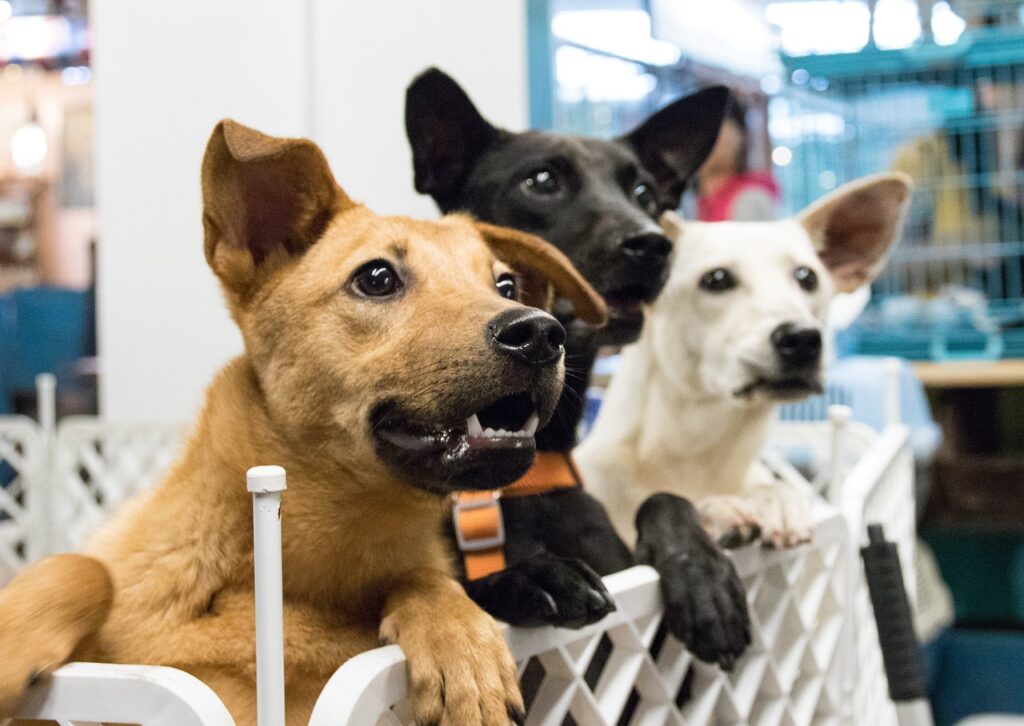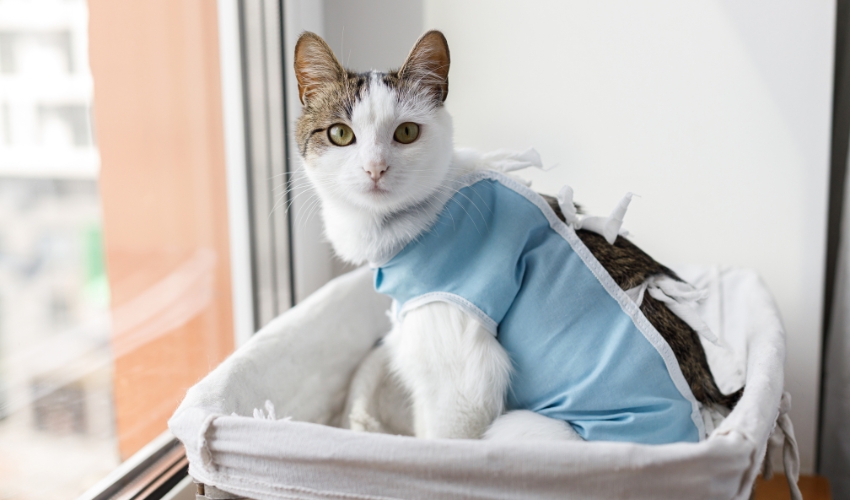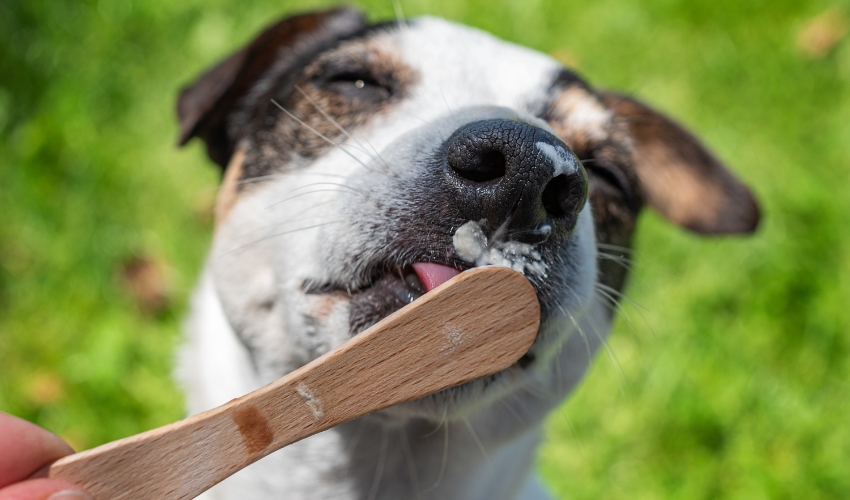A pet dog can be an unwavering source of comfort, devotion, and unconditional affection in a world full of uncertainties and fast change. A great and long-lasting relationship based on dedication, adventure, and unshakable support begins for many people and families when they decide to welcome a dog into their homes and hearts. Getting a pet dog is much more than just getting a fluffy companion; it’s a life-changing act of empathy, compassion, and accountability. Every adoption story is a story of optimism, resiliency, and second chances—for the family or person looking for a devoted friend as well as the dog waiting for a forever home. Adopting a pet demonstrates our dedication to reducing animal homelessness, advancing animal care, and cultivating a compassionate and respectful society for all sentient creatures.
Beyond just providing companionship, owning a pet dog has several other advantages that improve our lives on a profound emotional, social, and physical level. Numerous health benefits of having a dog as a friend have been highlighted by scientific studies; these benefits include lower blood pressure, stress levels, increased physical activity, and improved cardiovascular health. Having a pet dog in the house creates structure, purpose, and regularity, which gives our life a deep feeling of fulfillment and meaning. In addition, the relationship that develops between people and dogs is a universal language of love and connection that cuts over barriers of language, culture, and socioeconomic class. Dogs are born with the capacity to sense, understand, and console their human friends in happy, sad, and uncertain times. They are steadfast sources of comfort and support. Dogs provide as a constant reminder of the great beauty and basic joys of the present moment through their unshakable commitment, unbounded loyalty, and contagious zest for life.
Pointers to Consider in Selecting the Dog Breed for New Fur Parents
Selecting the ideal dog breed for your home is a big decision that needs to be carefully thought through in order to guarantee that the traits of the dog will blend in harmoniously with your tastes, way of life, and living arrangements. The following are important factors to consider while choosing a dog breed:
- Lifestyle and Activity Level: Think about your lifestyle, how active you are, and how much time you can spend with your dog and exercising. Certain breeds, like Australian Shepherds and Border Collies, are extremely active and need a lot of mental and physical stimulation, which includes regular playtime, walks, and training sessions. Some breeds, such as Basset Hounds and Bulldogs, are less energetic and can be better suited for people who lead more sedentary lives.
- Living Environment: Consider your living area, including the size of your house, the availability of outdoor space, the presence of a fenced yard, and any limitations that may be placed in place by homeowners’ associations or landlords. Certain species—like Mastiffs and Great Danes—may need more room to roam around comfortably, while toy breeds and little companion dogs might perform well in an apartment.
- Size and Weight: Take into account the size and weight of the dog breed you are thinking about, since these factors can affect how much space you need, how to move it, and whether it will get along with your kids or other pets in the house. Small and toy breeds, like Chihuahuas and Pomeranians, may be easier to manage in smaller living areas, while large and enormous breeds, like Labrador Retrievers and Golden Retrievers, may be better suited to families with plenty of space and older children.
- Health Considerations: To learn about potential health risks and considerations, research prevalent health conditions and genetic predispositions associated with particular dog breeds. Certain breeds of dogs may be more susceptible to specific health ailments, such as hip dysplasia, heart disease, or respiratory problems, even though all dogs need routine veterinary treatment. Think about if you can afford the costs and health risks that come with owning a dog of a certain breed.
You may make an informed selection when selecting a dog breed to own and, in the end, find a companion that will offer happiness, companionship, and contentment to your life for years to come by carefully weighing these considerations and doing extensive study.
Commonly Recommended Dog Breeds for New Fur Parents
- Labrador Retriever: Labrador Retrievers are great family pets because of their gregarious and extroverted personalities. They are usually well-behaved around children and other pets, intelligent, and simple to teach. Although labs need frequent exercise and have a modest activity level, they can usually adjust to different living environments.
- Golden Retriever: Golden retrievers are intelligent, sociable, and have a mild temperament—many traits that Labrador retrievers also possess. They are devoted, loving companions who make excellent choices for both individuals and families. Golden retrievers love being with families and thriving on company.
- Beagle: Beagles are small to medium-sized canines with an endless supply of energy and a pleasant, inquisitive disposition. They are gregarious, well-mannered dogs that get along well with kids and other animals. Beagles are low-maintenance pets in terms of grooming, but they are lively and need frequent exercise.
- Cavalier King Charles Spaniel: Both families and individuals find great companionship in the gentle, loving nature of Cavalier King Charles Spaniels. They are renowned for their low activity levels, flexibility, and amiable demeanor. Cavaliers love hanging out with their human friends and are comfortable living in apartments.
- Poodle (Standard, Miniature, or Toy): Poodles are incredibly smart and easily trained canines that come in a variety of sizes and with hypoallergenic coats. They are generally amiable, gregarious creatures that get along with kids and other pets. They are available in three sizes: Standard, Miniature, and Toy. Poodles usually shed little, but they do need frequent grooming to keep their coat in good condition.
As a first-time dog owner, you must take accountability for your dog’s behavior and make a commitment to provide them with the happier, healthier life they deserve. Take advantage of our checklist for new dog owners to help you get ready for the arrival of your furry friend. To feel more prepared to bring home your new fur baby and nurture them to be happy, well-adjusted canines, refer to this first-time dog parenting guide.












